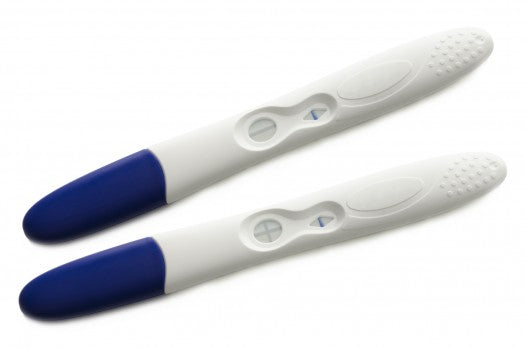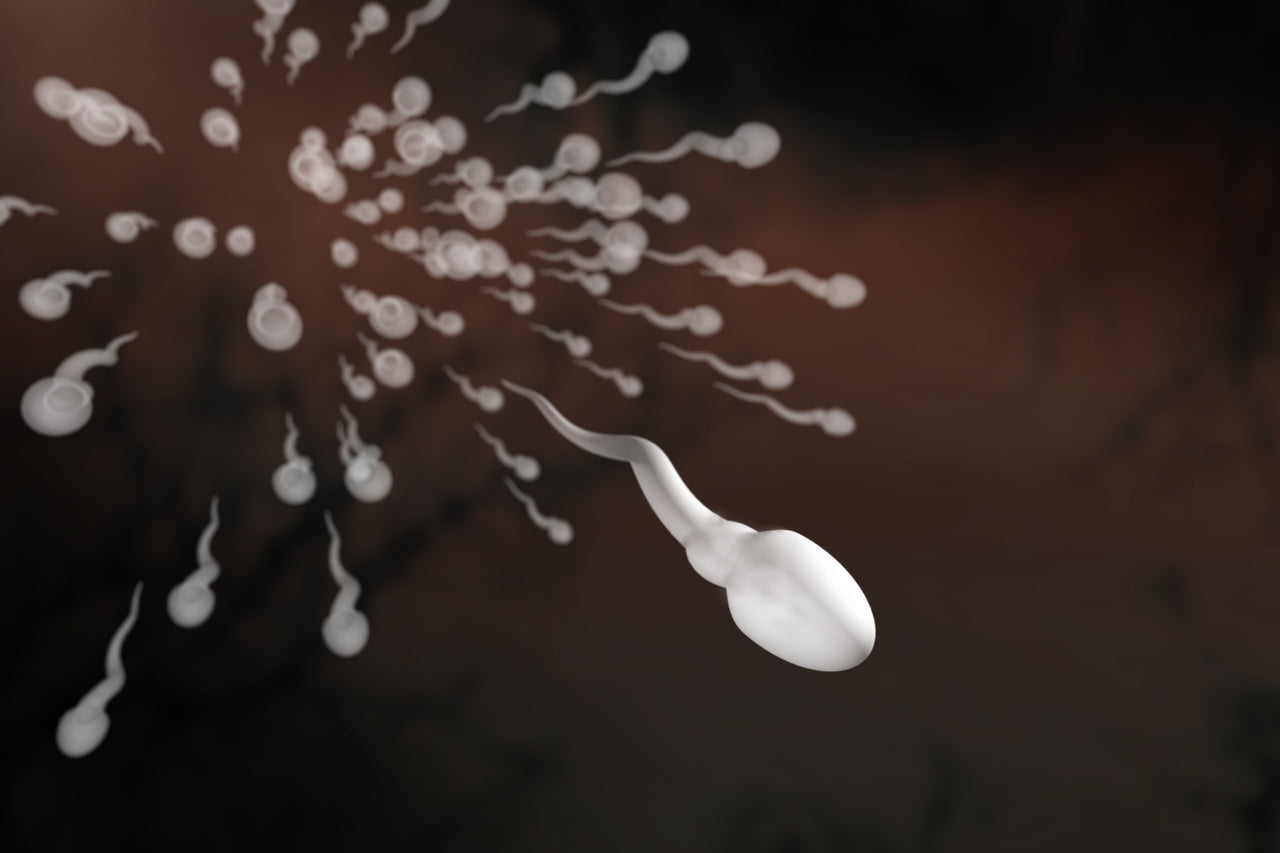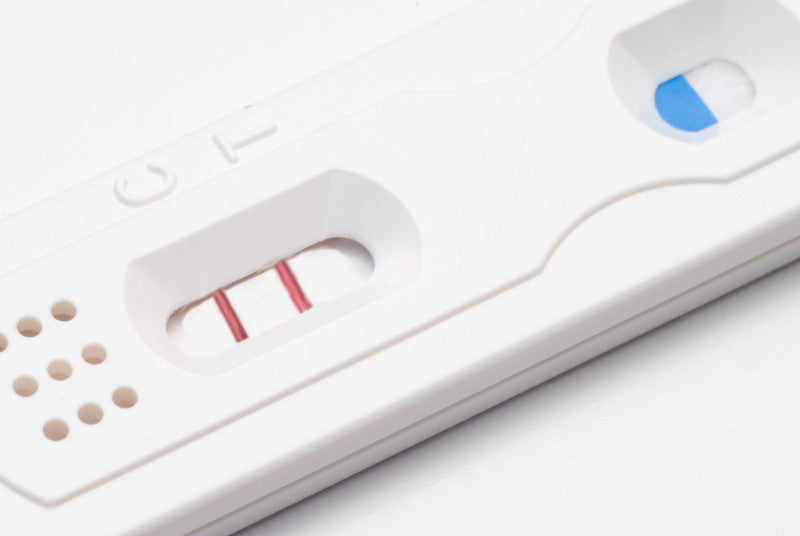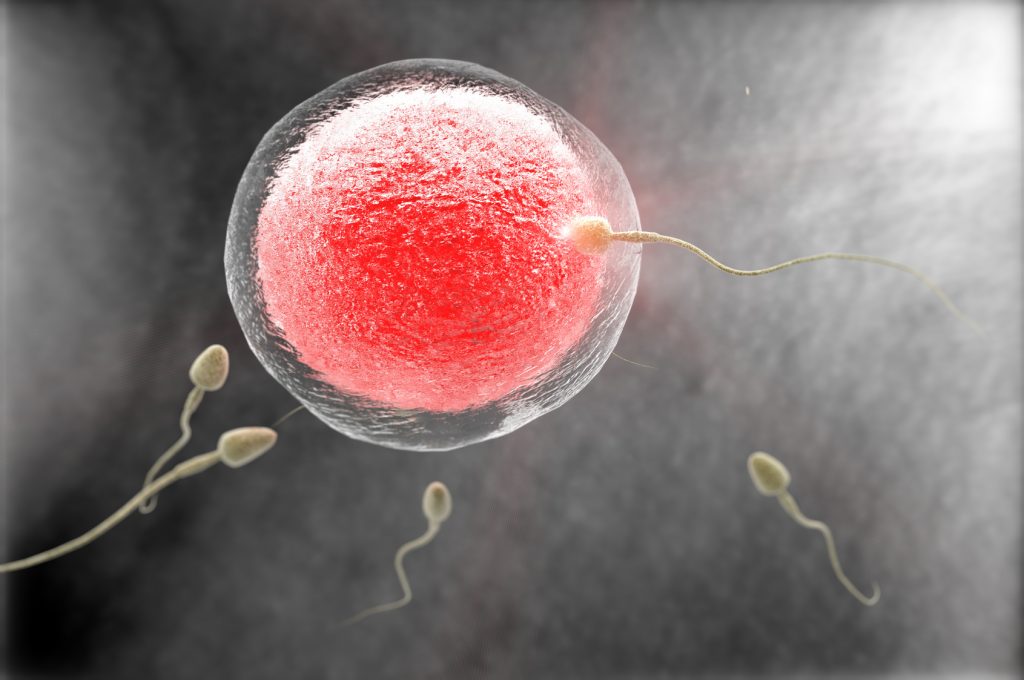
How Accurate Are Home Pregnancy Tests?
Home Pregnancy Tests (HPTs) Home pregnancy tests measure the presence of the hormone hCG in a woman's urine. HCG (human chorionic gonadotropin) is a glycoprotein hormone secreted by the developing placenta shortly after fertilization. Most doctors recommend that you wait until the first day of your missed period before taking a home pregnancy test. This is usually about two weeks after conception. However, some pregnancy tests are more sensitive than others and can be taken earlier. Home pregnancy tests are around 97% accurate when done correctly. The sensitivity of a pregnancy test determines how soon after conception, pregnancy can be detected by the diagnostic kit. Pregnancy tests with a sensitivity of 20 mIU/ml are more sensitive than tests with 50...
Tags:
About Pregnancy Tests

Can You Still Conceive If Sperm Leaks Out After Having Sex?
If you have been trying to conceive for some time, you worry that you will never get pregnant. It's natural to worry when you notice the sperm leaking out after you have sex. If all the sperm is leaking out, won't that ruin your chances of getting pregnant? Not at all! Once the sperm has entered your body, nothing you do will get the sperm out again. Semen and Sperm - Related But Not The Same Semen includes sperm ( 2-5% of total volume) and other liquids from your partner's reproductive system. The semen helps energize the sperm. It also keeps the sperm safe from a harsh vaginal environment. After ejaculation, the original thickness of the semen will change. It...
Tags:
About Sperm

If I Had A Hcg Shot, When Can I Take A Pregnancy Test And Get Accurate Results?
Human Chorionic Gonadotropin (hCG) is one of the hormones most commonly associated with pregnancy. It is the hormone that pregnancy tests test for. Some tests are more sensitive than others are, although not all tests show the minimum hCG level measured on the box when you purchase it. The lowest level of hCG that a pregnancy test will measure is 25 mIU/mL. As pregnancy goes on, the hCG levels increase, doubling every 48-72 hours. Thus, the further along a woman’s pregnancy is, the more likely her hCG levels will register on a pregnancy test. There is an old question about whether a person can get a “false negative” or a “false positive” on a pregnancy test. As above, a...
Tags:
About Pregnancy Tests

The Mystery of the Fading Pregnancy Test
What to Know About Fading Pregnancy Test Lines If you've noticed that the line on your pregnancy test seems to fade or change, you're not alone. Pregnancy tests can sometimes give results that are a bit tricky to interpret, and a fading line can be confusing. Let’s go through why this happens, what it might mean, and how to get the most accurate results possible. How Pregnancy Tests Detect hCG Pregnancy tests work by detecting human chorionic gonadotropin (hCG), the hormone produced by the developing placenta soon after a fertilized egg attaches to the uterine lining. In the early stages of pregnancy, hCG levels rise quickly, generally doubling every two to three days. Tests are designed to...
Tags:
About Pregnancy Tests

Stress and Fertility - Increase Your Chances of Getting Pregnant
Being Stressed Can Lower Your Chances of Getting Pregnant The stress you feel in your day to day life causes your body to produce a variety of different hormones, many of which are not helpful if you are trying to get pregnant. Adrenaline, one of the stress hormones, signals your body to be ready to run. This reaction is known as "fight, flight, or freeze" response. It is an evolutionary response that was extremely valuable and kept your prehistoric relatives safe and alive but not so valuable now. The chance of you being chased down by a bear is very slim, but our body doesn't know the difference between the fight or flight response due to an actual bear or something...
Tags:
Getting Pregnant

Understanding Low Sperm Count and Tips for Supporting Male Fertility
Low sperm count can be a factor in fertility, but it doesn’t mean conception is out of reach. Learn about what low sperm count means, lifestyle changes that may support reproductive health, and practical steps you can take to encourage overall wellness on your journey to parenthood.
Tags:
About Sperm

Conceiving a Baby Boy - Tips to Increase Your Odds
Whether this is your first baby or your third, you may have your heart set on having a baby boy. Most of the time, you will have a 50 / 50 chance of that happening. If you follow some of the suggestions below, you may be able to boost the possibility of having a boy beyond the 50% mark. How Your Baby's Gender is Determined The chromosomes determine the sex of your baby from his mother (her egg) and father (his sperm). The mother's genetic contribution is a 2 X chromosomes (XX). The father supplies an X chromosome and a Y chromosome. For you to have a baby boy, the mother provides an X chromosome, and the father donates...
Tags:
Getting Pregnant

Why Do I Have Menstrual Cramps Between Periods?
A Guide to Mid-Cycle Cramping If you’re experiencing cramps between periods, you’re not alone. While cramps are usually associated with menstruation, it’s not uncommon to feel them at other times in your cycle. Some causes are completely normal, like ovulation, while others may be worth talking to your doctor about. This guide will help you understand some of the common reasons for cramping between periods and how to find relief. What Causes Cramping Between Periods? Most of us are familiar with period cramps, but there are several other reasons you might experience cramping at other times in your cycle. Here are a few of the most common causes: 1. Ovulation Pain (Mittelschmerz) Around the middle...
Tags:
Health Issues

Improving Sperm Motility To Increase Chances of Getting Pregnant
Difficulties getting pregnant are often related to issues with sperm. The three main problems include: Sperm Motility – This means that the sperm struggles to navigate through the cervical mucus and the female reproductive system. Sperm Count – Low sperm counts in the semen make getting pregnant more difficult. Sperm Morphology – Deformed sperm fall into this category. A low sperm count refers to a situation in which a man's semen does not contain a "normal" amount of sperm. You will be diagnosed as having low sperm count if you have fewer than 15 million sperm per milliliter of semen. A low sperm count is the most common fertility problem for men. Low sperm motility means a man's sperm do not...
Tags:
About Sperm

5 Foods to Avoid for Fertility
Trying to conceive is, in a lot of ways, all about the little things. From timing the baby dance to counting days in between your periods, getting pregnant can be full of details. Taking the right vitamin or herbal supplements and eating fertility friendly foods are just some of the components to successfully becoming pregnant. On the other side of things, though, there are foods to avoid. These foods aren’t necessarily harmful or unhealthy, the just can delay you from getting pregnant or even keep you from getting pregnant altogether. Here are five of the most unfriendly foods for fertility: Peas. There is a natural chemical in peas known as m-xylohydroquinone that may keep you from getting pregnant. Research on...
Tags:
Getting Pregnant
Quick links
Search
Contact Us
Shipping Information
Helpful Info
Terms of Service
Privacy Policy
Do not sell my personal information
Contact us
About us
BabyHopes.com is a family owned and operated business, opened in January 2001. We have been serving the trying to conceive community for over 20 years.
